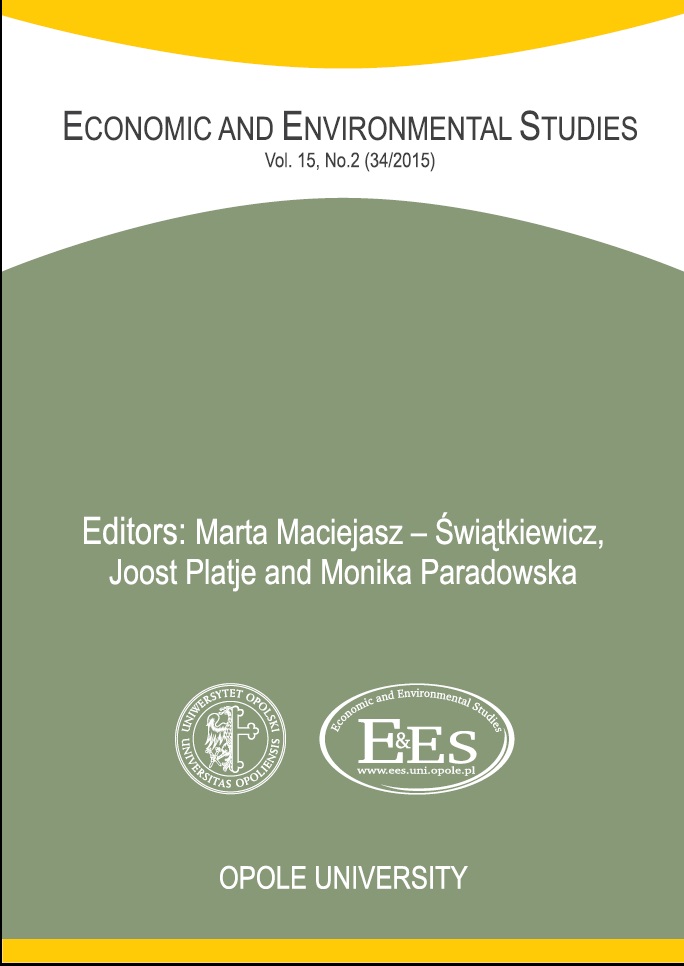Courtesy shopping online - between digital exclusion and rational behaviour
Courtesy shopping online - between digital exclusion and rational behaviour
Author(s): Radosław MącikContributor(s): Monika Paradowska (Editor), Joost (Johannes) Platje (Editor), Marta Maciejasz-Świątkiewicz (Editor)
Subject(s): Economy
Published by: Uniwersytet Opolski
Keywords: courtesy shopping; online shopping; digital exclusion; rational buying
Summary/Abstract: Courtesy shopping is a situation when somebody makes purchases on behalf of other person, usually when he/she asks for it. Typical situation of courtesy shopping is buying groceries for elderly neighbours or family members. New context of courtesy shopping is such activity in the context of online shopping, which became very popular in last years. Paper explores situations and motivations to depute or receive the task of shopping online on the base of two own empirical studies made on large representative samples of Polish consumers in an interval of five years. At first glance, it can be assumed that courtesy shopping online should have be popular among digitally excluded persons, but author’s research indicate that this is huge simplification. Persons not using the Internet are in most cases absolutely not interested in online shopping, even in courtesy form. Instead, the online courtesy shopping is very popular among young people, Internet heavy users, particularly in family or close friend settings. Interesting is that motives of such activities are mainly rational: to save on delivery, to aggregate demand to get quantity discount, to use someone else personal privileges at particular seller, or to pay the way not accessible to particular person (e.g. by credit card). Also the same person often is involved into online courtesy shopping on both sides – alternating between the roles of the “recipient” and the “agent”. So participation in online courtesy shopping should be treated as rational consumer behaviour, to save resources as money or time, and/or try to shift the risk on other person.
Journal: Economic and Environmental Studies
- Issue Year: 15/2015
- Issue No: 2 (34)
- Page Range: 221-229
- Page Count: 19
- Language: English

